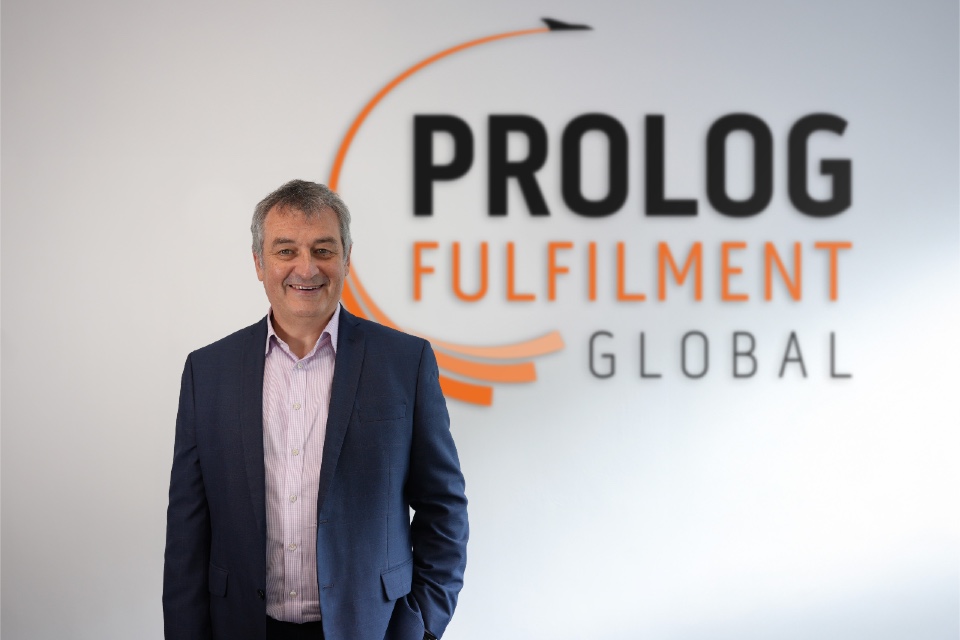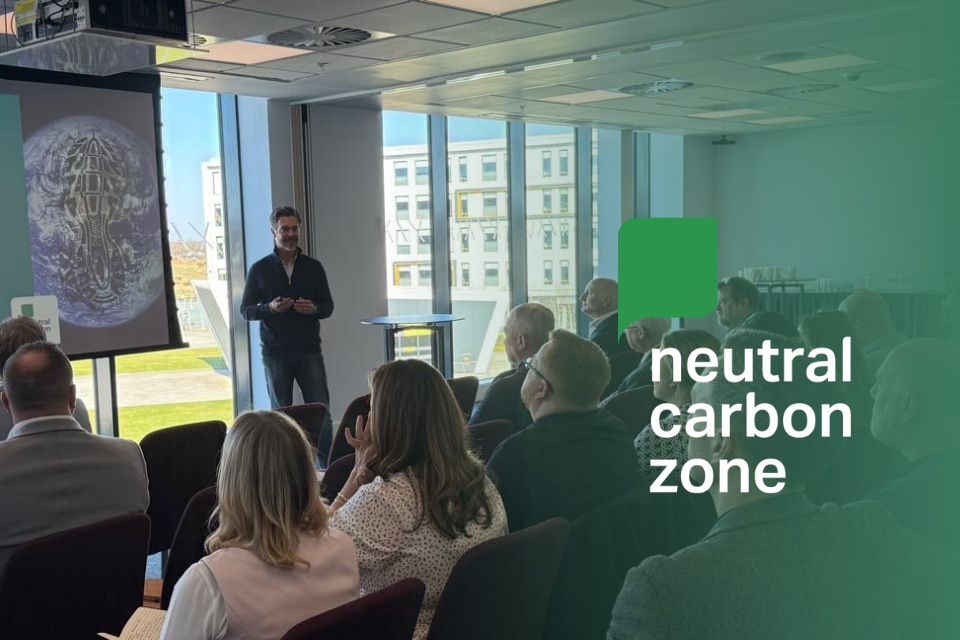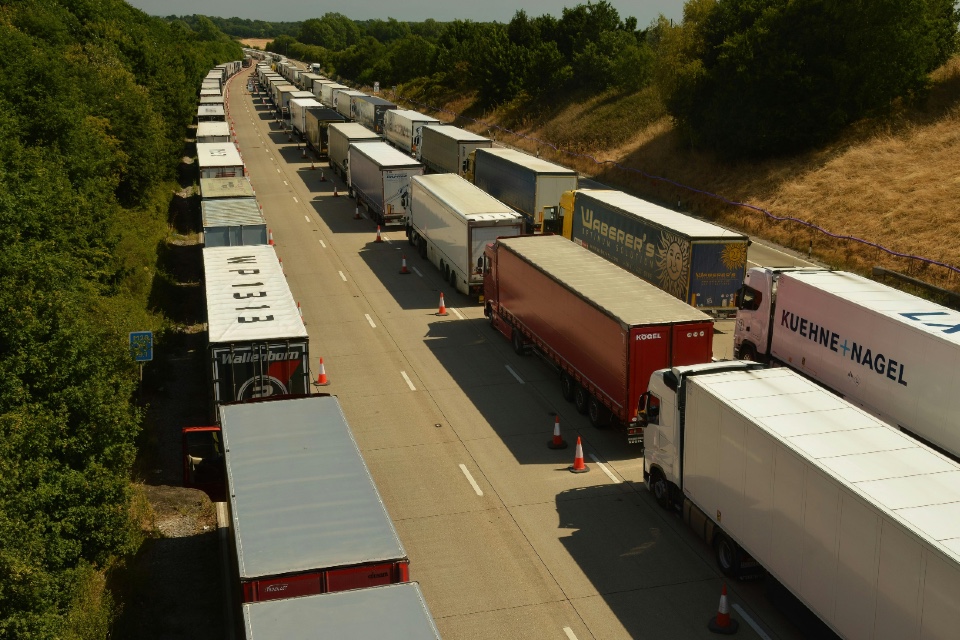By Nick Hoare, Director & Co-Founder at Prolog Fulfilment
Sustainability is no longer a ‘nice to have’ for businesses – it’s a strategic imperative shaped by consumer demand, regulatory pressures, and the escalating urgency of climate change. A recent study found that 60% of global consumers now consider sustainability an important purchase criterion. For many brands, meeting Environmental, Social and Governance (ESG) targets is becoming as critical as financial performance. Yet setting ambitious targets is only the first step – achieving them requires genuine collaboration across the supply chain.
The rise of eco-friendly 3PLs
Third-party logistics (3PL) providers are at the forefront of this transformation. From deploying electric vehicles and smart warehouses to introducing recyclable packaging and advanced emissions tracking, these innovations are making fulfilment cleaner, smarter, and more efficient.
The logistics sector currently accounts for around 24% of energy-related CO₂ emissions worldwide, making it one of the largest contributors to climate change. Eco-conscious 3PLs are addressing this head-on with smarter fleet management, greener warehousing, and sustainable packaging solutions.
Large corporations are setting the pace. For example, in January 2025 Amazon placed the UK’s largest order for electric heavy goods vehicles, adding over 140 trucks to its fleet. These vehicles are expected to deliver more than 300 million packages annually without emissions, reinforcing Amazon’s pledge to reach net zero in the UK by 2040. Moves like this highlight that sustainability is no longer optional, it is a strategic priority.
At Prolog Fulfilment, we share this commitment. As a carbon-neutral fulfilment company, our net-zero strategy includes eco-friendly packaging, efficient routing, and low-energy warehousing.
Green logistics solutions: Innovations and investments
Warehousing, logistics, and contact centres are inherently energy-intensive, with carbon impacts at almost every stage. For most companies, these fall into Scope 3 emissions – indirect supply chain emissions that are notoriously difficult to measure and reduce. This is where fulfilment partners can make a tangible difference. By embedding sustainability into their operations, providers not only cut their own impact but also deliver verifiable reductions that enhance their clients’ ESG reporting.
Setting the standard
At Prolog Fulfilment, we’ve achieved Carbon Neutral Status for five consecutive years, certified under the BSi PAS 2060 standard – an internationally recognised benchmark for organisations that rigorously measure, manage, and reduce their carbon footprint. This certification recognises our commitment to minimising climate impact, advancing sustainability practices, and leading by example.
Since our 2019 baseline, we’ve halved our greenhouse gas emissions through measures such as installing energy-efficient servers, switching to sensor-driven LED lighting, expanding recycling programmes, and training staff on carbon-conscious practices.
Yet what once set companies apart is fast becoming the minimum expectation. Today, brands want fulfilment partners that can demonstrate transparency, independent verification, and continuous improvement.
Why it matters for brands
For businesses under pressure to deliver credible ESG results, partnering with a carbon-conscious fulfilment provider offers both measurable impact and reputational strength. Prolog’s independently verified reductions not only reinforce our own credentials but also enable clients to report lower Scope 3 emissions – directly supporting their sustainability goals.
Looking ahead
Consumer expectations are only increasing. Research from Facebook IQ shows that Gen Z and Millennials are 1.5 times more likely to pay extra for sustainable products. With the global sustainability market forecast to grow 24% annually over the next seven years, brands and retailers will face mounting pressure to adapt.
As ESG reporting becomes more rigorous, fulfilment providers that prioritise sustainability will be best placed to attract and retain forward-thinking clients. At Prolog, we’ve shown that it is possible to scale responsibly while enabling our clients to advance their own sustainability agendas.
Fulfilment is no longer just about moving products from A to B. Providers must be recognised as strategic partners, playing a vital role in building a more sustainable future.
28th & 29th April 2026
Radisson Blu Hotel London Stansted
Radisson Blu Hotel London Stansted
12th & 13th October 2026
The Manchester Deansgate Hotel
The Manchester Deansgate Hotel







